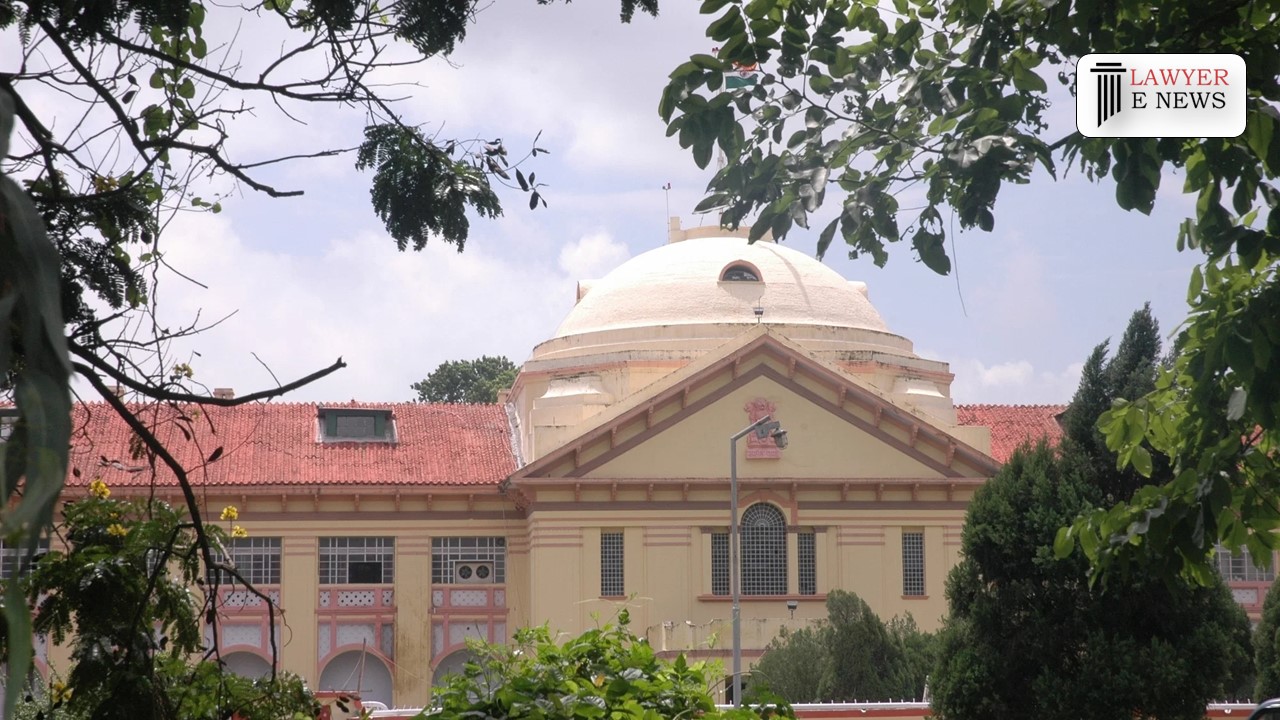-
by Admin
15 February 2026 5:35 AM



Patna High Court orders reinstatement of police officer with full back wages and benefits, highlighting procedural flaws and lack of substantial proof.
The Patna High Court, in a landmark judgment, has quashed the dismissal of police constable Narendra Kumar Dhiraj, highlighting gross violations of natural justice and the absence of concrete evidence in the departmental proceedings. The judgment, delivered by Justice Mohit Kumar Shah, mandates the reinstatement of Dhiraj with full back wages and consequential benefits, thereby overturning the orders of the Superintendent of Police, Lakhisarai, and the subsequent appellate authorities.
Narendra Kumar Dhiraj, a constable since 1988, was accused of amassing assets disproportionate to his known sources of income. This led to a raid by the Economic Offence Unit (EOU) and an FIR alleging corruption under the Prevention of Corruption Act, 1988. Following this, he was suspended and subjected to disciplinary proceedings, culminating in his dismissal on May 10, 2022. Dhiraj challenged this dismissal, asserting that the proceedings were conducted in violation of principles of natural justice and lacked substantial evidence.
Procedural Irregularities: Justice Shah pointed out several procedural irregularities in the departmentalenquiry. The enquiry was conducted ex parte despite Dhiraj’s requests for medical leave being denied. The evidence presented was primarily the FIR and the suspension order, with no substantial proof of disproportionate assets. “The enquiry officer, acting in a quasi-judicial capacity, failed to adhere to the principles of natural justice,” the judgment noted.
Lack of Evidence: The court observed that the prosecution relied solely on the FIR and suspension order without presenting concrete evidence of the assets allegedly amassed by Dhiraj. The judgment stated, “No evidence, either oral or documentary, was presented to substantiate the charges of disproportionate assets against the petitioner. The enquiry report is thus based on presumptions without any material proof.”
Violation of Natural Justice: Justice Shah emphasized that the entire enquiry process was flawed. “The enquiry officer’s findings were based on presumptions and lacked substantial evidence, violating the principles of natural justice. An enquiry officer is required to act as an independent adjudicator, not as a representative of the disciplinary authority,” the judgment remarked.
Legal Reasoning: The court extensively cited precedents to reinforce its decision. Referring to the Supreme Court’s rulings in Union of India v. H.C. Goel and Roop Singh Negi v. Punjab National Bank, it reiterated that departmental proceedings must adhere to principles of natural justice and be based on substantial evidence. The court underscored that mere reliance on an FIR, without concrete evidence, is insufficient to uphold disciplinary actions.
Justice Shah stated, “The entire disciplinary proceeding has been virtually conducted ex parte… the prosecution has miserably failed to prove the allegations levelled against the petitioner, apart from the fact that no material/evidence, whatsoever, has been presented before the Enquiry Officer.”
The judgment not only quashes the dismissal order but also directs the reinstatement of Narendra Kumar Dhiraj with full back wages and consequential benefits. This decision underscores the judiciary’s commitment to upholding justice and ensuring that departmental proceedings are conducted fairly and in accordance with established legal principles. The ruling is expected to have significant implications for future cases involving similar procedural lapses and evidentiary shortcomings.
Date of Decision: 17th May 2024
Narendra Kumar Dhiraj v. State of Bihar & Ors.
